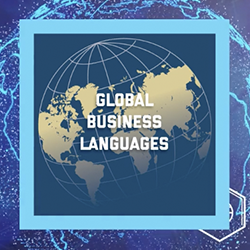Abstract
The research on language for specific purposes (LSP) is rich and varied in part because scholars bring to the field their research expertise from other disciplines, such as linguistics, literary studies, and cultural studies. The array of research topics and approaches also reflects the efforts from within LSP to foment research, such as providing conference, publication, and professional development opportunities that build a community of researchers. Mostly absent from the LSP literature, however, is autoethnography, an increasingly popular research method with the potential to examine complexities within specific professions, the courses we teach and ourselves as LSP scholars. In this essay, I argue that autoethnography—a research methodology that describes the author’s (my) personal experience in order to present and analyze “cultural beliefs, values, practices and identities,” (Adams et al., 2022, p. 3)—should have a place in the future of LSP research, as a complement to other research methodologies. I share an autoethnographic account of my experiences developing and teaching a new LSP course. In particular, I focus on the role of self-doubt, isolation, and imposter syndrome as I ventured into an unfamiliar professional terrain to me: healthcare. In the end, this study of the self reflects the troubling position of LSP within the culture of one language department in US higher education and raises questions for further inquiry.
DOI
https://doi.org/10.4079/gbl.v23.7
This work is licensed under a Creative Commons Attribution-NonCommercial-NoDerivatives 4.0 International License.

